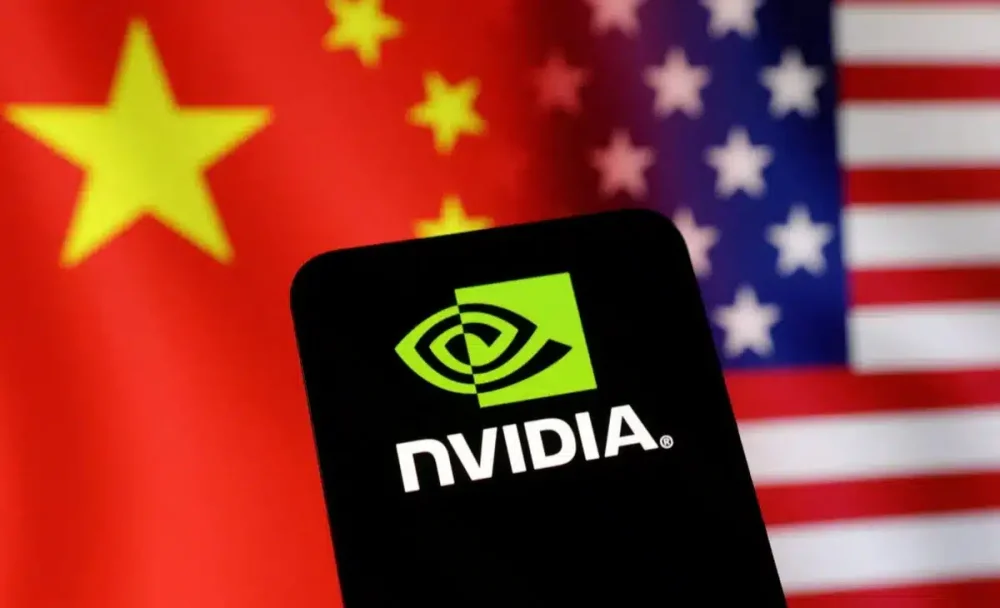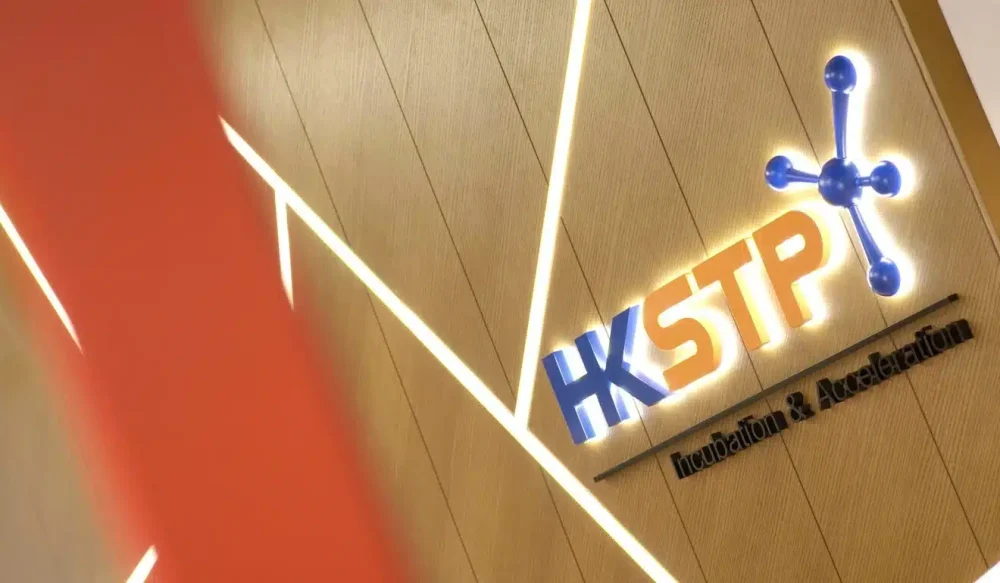Nvidia CEO Jensen Huang revealed last week that the company’s share of China’s advanced AI chip market has collapsed from approximately 95% to zero, citing increasingly restrictive U.S. export controls as the primary cause.
Speaking at Citadel Securities’ Future of Global Markets 2025 event, Huang stated, “At the moment, we are 100% out of China. We went from 95% market share to 0%.” He added that Nvidia now assumes no revenue from China in its financial forecasts, marking the first time the company has publicly quantified the full extent of its market retreat.
Market Impact and Revenue Shifts
The Chinese market previously represented 20-25% of Nvidia’s data center revenue, a segment that generated over $41 billion in the company’s most recent fiscal year. Huang expressed concern about the long-term implications of losing access to one of the world’s largest technology markets.
“I can’t imagine any policymaker thinking that that’s a good idea,” Huang commented, “that whatever policy we implemented caused America to lose one of the largest markets in the world to 0%.”
Export Control Timeline
The decline follows successive waves of U.S. export restrictions implemented since October 2022. Nvidia’s China-specific A800 and H800 processors were rendered non-compliant by 2023 regulations, while the company’s newer H20 design has faced additional licensing hurdles.
The Biden administration initially restricted exports of advanced AI chips to China in 2022, prompting Nvidia to develop modified processors that complied with the new limits. However, further restrictions under both the current and previous administrations have continued to tighten access.
Industry Response and Global Implications
Chinese technology companies have increasingly turned to domestic semiconductor alternatives in response to the export controls, accelerating China’s push for technological self-sufficiency. Meanwhile, Beijing has implemented countermeasures, including restrictions on rare-earth exports, and is facing additional U.S. tariffs.
Huang emphasized the need for balanced approaches to technology regulation, noting that approximately half of the world’s AI researchers are based in China. “I think it’s a mistake not to have those researchers build AI on American technology,” he said, advocating for policies that maintain U.S. technological leadership while preserving market access.
Looking Forward
Despite the current situation, Huang expressed hope for future policy adjustments that might allow Nvidia to re-enter the Chinese market. “If anything happens in China, which I hope it will, it’ll be a bonus,” he said, while acknowledging the company is currently planning for a complete absence of Chinese revenue.
The comments come as officials from both countries prepare to resume trade discussions, with a planned meeting between U.S. and Chinese leaders expected later this month.


